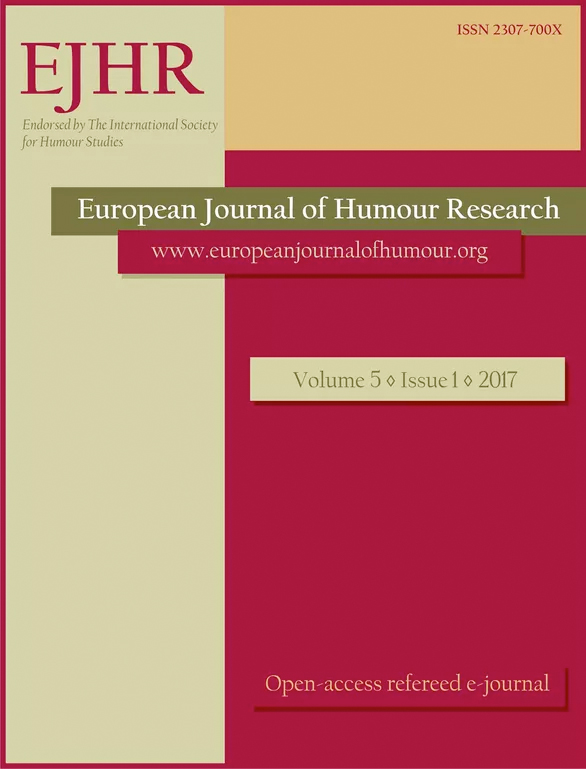Give me a break:
Give me a break:
Laughing with colleagues guards against ego depletion
Author(s): Tabea Scheel, Daniel Putz, Chris KurzawaSubject(s): Anthropology, Social Sciences, Psychology, Communication studies, Sociology, Culture and social structure , Social psychology and group interaction, Cognitive Psychology, Organizational Psychology, Behaviorism, Applied Sociology
Published by: Krakowskie Towarzystwo Popularyzowania Wiedzy o Komunikacji Językowej Tertium
Keywords: break laughter; time pressure; affective irritation; mood spillover; ego depletion;
Summary/Abstract: Job demands, like time pressure, consume employees’ limited resources, which need to be restored through recovery in order to maintain psychological well-being and work performance. Employees in high-strain jobs need to replenish their emotional resources throughout the work day. This can take place during breaks if employees are able to psychologically detach from the work demands. Given the stress-relieving functions of humour, we hypothesised that affiliative humour during breaks would attenuate affective impairments related to time pressure and would decrease negative emotional spillover from breaks to subsequent work. We conducted moderated mediation analyses with bootstrapping based on a cross-sectional sample of 170 employees working at four retail stores. Time pressure was positively related to affective irritation, which in turn was related to more spillover of negative (and less spillover of positive) mood from breaks to work. Laughing with colleagues during breaks moderated the link between time pressure and affective irritation, such that this relation became nonsignificant when the frequency of joint laughter during breaks increased. Hence, pleasurable social break activities appear to be important for within-workday recovery. Employers should encourage their employees to take their breaks consistently and to socialise with likable colleagues, especially during periods of high work load.
Journal: The European Journal of Humour Research
- Issue Year: 5/2017
- Issue No: 1
- Page Range: 36-51
- Page Count: 16
- Language: English

